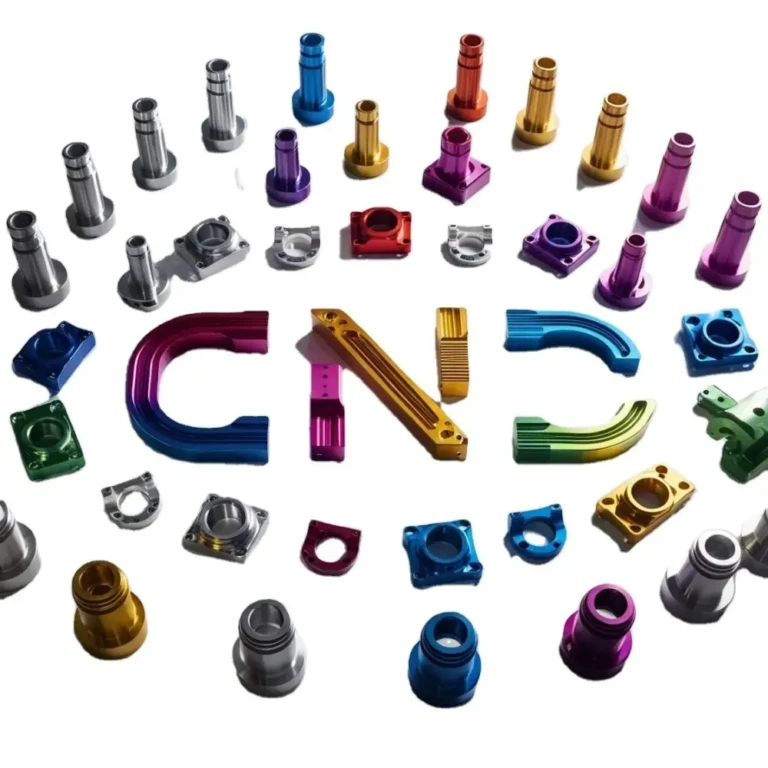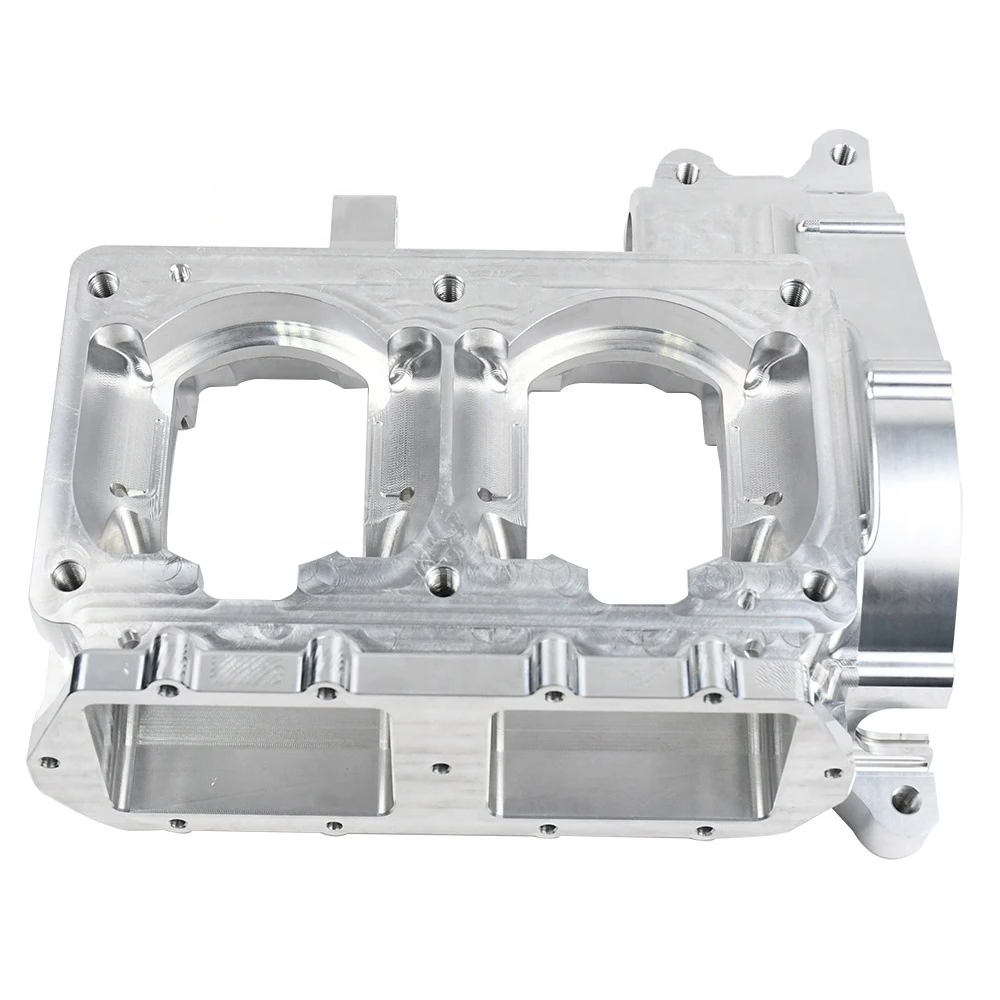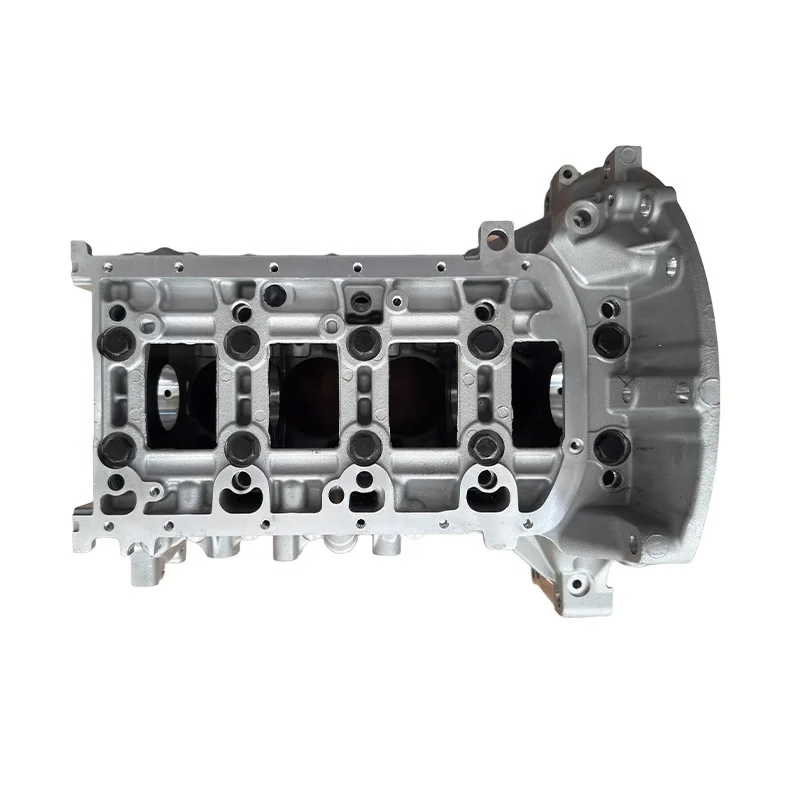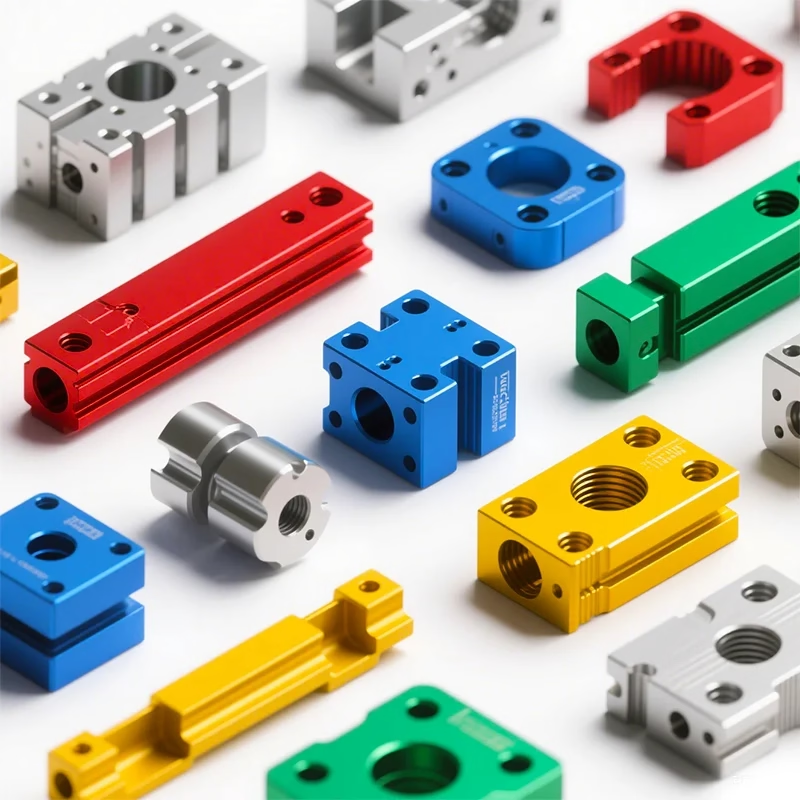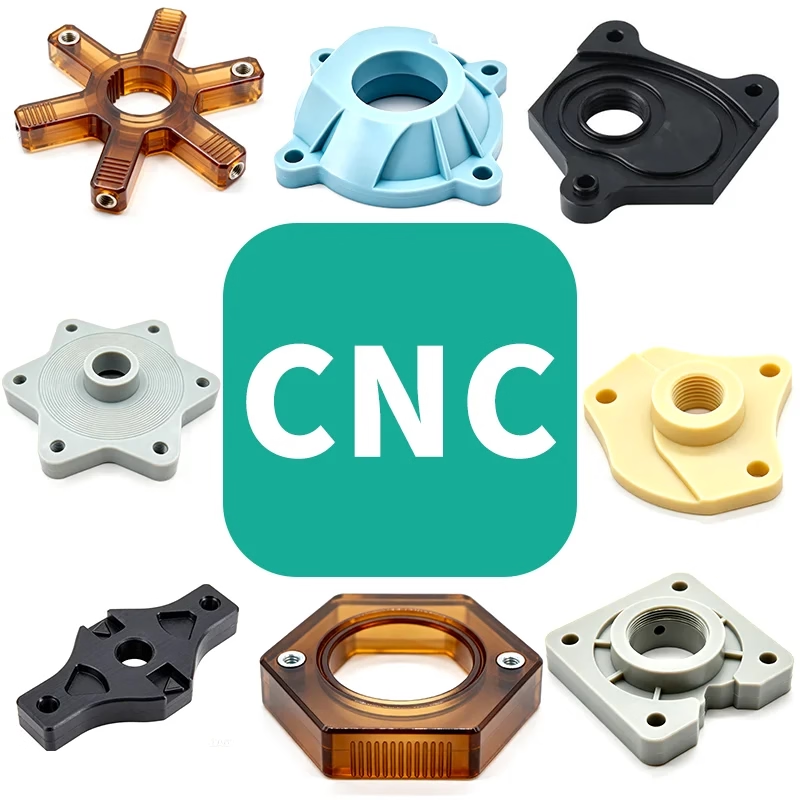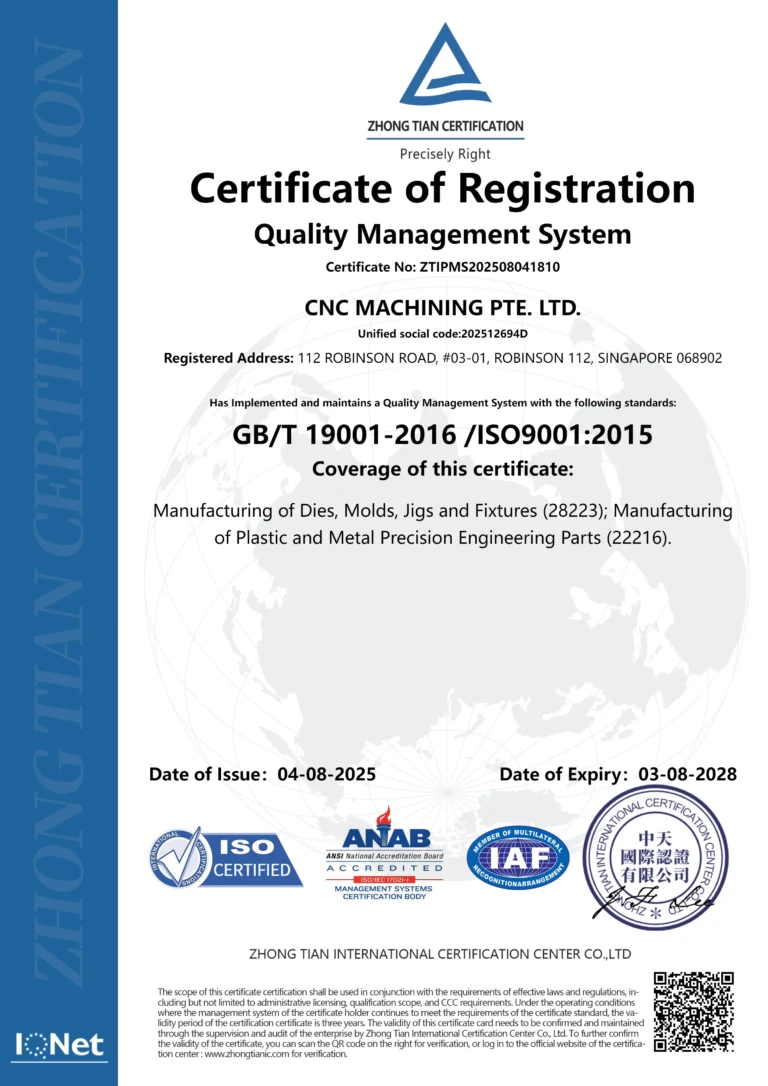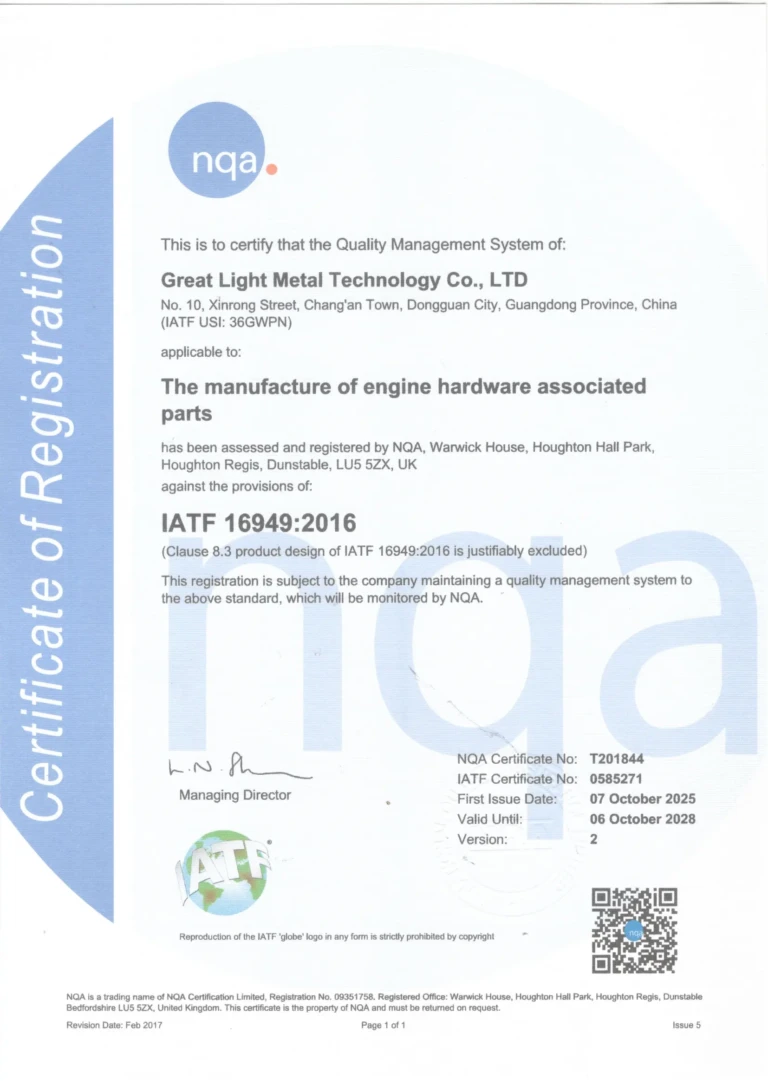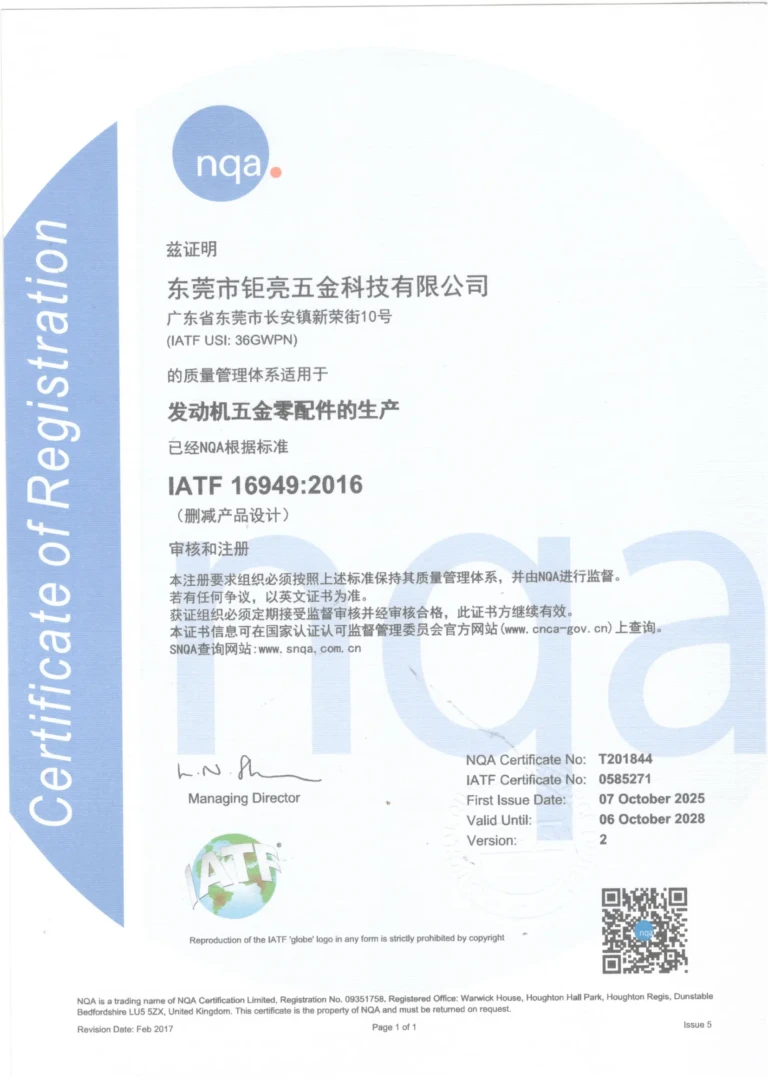Quality Inspector Jobs: Essential Pillars of CNC Machining Excellence
In the high-stakes world of CNC machining, precision isn’t just a goal—it’s a necessity. Whether it’s a turbine blade for an aircraft or a surgical tool for a hospital, every part must meet exacting standards. At the heart of this precision are quality inspectors, the unsung heroes who ensure that every piece produced is flawless. For a leader like Great Light, a professional 5-axis CNC machining factory, quality inspector jobs are vital to delivering top-tier custom metal parts. As technology evolves, AI quality inspectors are also stepping into the spotlight, transforming how quality is maintained. This blog dives deep into why these roles are indispensable, how they’re evolving, and why Great Light stands out as the go-to choice for online metal parts customization.
Why Quality Inspectors Are the Backbone of CNC Machining
CNC machining is a blend of art and science, where advanced machines carve metal into intricate shapes with tolerances tighter than a human hair. But machines, no matter how sophisticated, aren’t perfect. Tool wear, thermal expansion, or a tiny programming error can throw off a part’s dimensions. That’s where quality inspectors come in—ensuring every component meets its blueprint down to the last micron.
For industries like aerospace, automotive, and medical manufacturing, the stakes are sky-high. A single defect could lead to catastrophic failure or compromised safety. Quality inspectors bridge the gap between production and perfection, making their roles some of the most critical in the CNC ecosystem.
The Precision Imperative
Imagine a part with a tolerance of ±0.0005 inches—about one-tenth the thickness of a sheet of paper. Detecting deviations this small requires not just skill but a meticulous process. Quality inspectors use advanced tools and their expertise to safeguard quality, ensuring that manufacturers like Great Light maintain their reputation for excellence.
What Quality Inspectors Do in CNC Machining
So, what exactly does a quality inspector do in the CNC world? Their job is multifaceted, blending technical know-how with an eagle eye for detail. Here’s a breakdown of their key responsibilities:
### Inspection Techniques and Tools
Quality inspectors wield an arsenal of precision instruments to evaluate parts:
- Coordinate Measuring Machines (CMMs): These high-tech devices use probes to measure a part’s geometry, ensuring it matches the CAD design.
- Laser Scanners: For rapid, non-contact measurements, lasers map surfaces with pinpoint accuracy.
- Surface Profilometers: These tools assess texture and finish, critical for parts that need to reduce friction or wear.
- Gauges and Calipers: Simple yet effective, these are used for quick checks during production.
Beyond tools, visual inspections are key. A scratch, burr, or slight discoloration might seem minor, but it could signal deeper issues that affect performance.
### Ensuring Specification Compliance
Every CNC part starts with a design—complete with dimensions, tolerances, and material specs. Quality inspectors compare the finished product to this blueprint, documenting any variances. They also ensure adherence to industry standards like ISO 13485 for medical devices or AS9100 for aerospace, which are non-negotiable for top-tier manufacturers.
If a part doesn’t pass muster, inspectors flag it for rework or rejection. This gatekeeping role saves companies from costly downstream errors and reinforces trust with clients.
The Rise of AI Quality Inspectors: Revolutionizing the Field
Technology is reshaping quality control, and AI quality inspectors are at the forefront. These systems use artificial intelligence—think machine learning and computer vision—to spot defects faster and more accurately than ever before. But what does this mean for traditional quality inspector jobs?
### How AI Enhances Quality Control
AI brings a new level of efficiency to CNC machining:
- Speed: AI can inspect dozens of parts per minute, outpacing human capabilities.
- Consistency: Unlike humans, AI doesn’t tire or lose focus, delivering uniform results every time.
- Data-Driven Insights: By analyzing patterns, AI predicts potential issues—like tool degradation—before they happen.
Picture this: a camera scans a part, and an AI algorithm instantly flags a 0.002mm defect that a human might miss. At Great Light, integrating such technology could amplify their already stellar quality processes.
### The Human-AI Partnership
Does AI replace human inspectors? Not entirely. While AI excels at repetitive tasks, human inspectors bring judgment and adaptability to the table. For complex 5-axis machined parts with unique geometries, human oversight is irreplaceable. The future of quality inspector vacancies lies in hybrid roles—professionals who can leverage AI tools while applying their seasoned expertise.
For job seekers, this shift opens doors. Skills in AI software, data interpretation, and CNC machining quality control are becoming must-haves, making these positions more dynamic than ever.
Great Light: Where Quality Meets Innovation
At Great Light, quality isn’t a buzzword—it’s a promise. As a leading 5-axis CNC machining company, they tackle the toughest challenges in metal part manufacturing, from intricate prototypes to high-volume production. Their secret? A relentless focus on quality, powered by skilled inspectors and cutting-edge technology.
### Quality Control in 5-Axis Machining
5-axis CNC machining allows for complex, multi-angle cuts that traditional 3-axis machines can’t match. This capability is a game-changer for industries needing precision—like aerospace or robotics—but it also raises the bar for quality control. Great Light’s inspectors are trained to handle this complexity:
- Real-Time Monitoring: Inspections happen during production, catching issues before they escalate.
- Advanced Metrology: Tools like CMMs and laser scanners ensure every angle and curve is perfect.
- Material Integrity: Tests for hardness, strength, and composition guarantee durability.
This rigorous approach ensures that every custom metal part meets the highest standards.
### Why Great Light Stands Out
Great Light isn’t just a manufacturer—they’re a partner. Here’s why they’re the first choice for online customization of metal parts:
- One-Stop Shop: Beyond machining, they offer post-processing like anodizing, polishing, and heat treatment—all in-house.
- Speed and Flexibility: Their online platform lets you upload designs, get quotes, and start production in record time.
- Expertise You Can Trust: With a team of seasoned quality inspectors, they deliver parts that perform.
Whether you’re an engineer needing a single prototype or a business scaling up, Great Light’s 5-axis CNC machining services offer precision, reliability, and value.
Looking Ahead: The Future of Quality Inspector Jobs
The demand for quality inspector jobs isn’t slowing down—it’s evolving. As CNC machining grows more sophisticated, so do the skills required to maintain its quality. AI is a powerful ally, but human inspectors remain the heart of the process, especially for companies like Great Light that prioritize perfection.
For job seekers eyeing quality inspector vacancies, the message is clear: embrace technology while honing your craft. For businesses, investing in quality control—human and AI alike—is the key to staying competitive.
Ready to Experience Precision?
If you’re searching for flawless custom metal parts, Great Light has you covered. Their blend of expert quality inspectors, advanced 5-axis machining, and seamless online customization makes them a cut above the rest. Customize your parts today and see why they’re the industry’s trusted name in CNC machining quality control.
